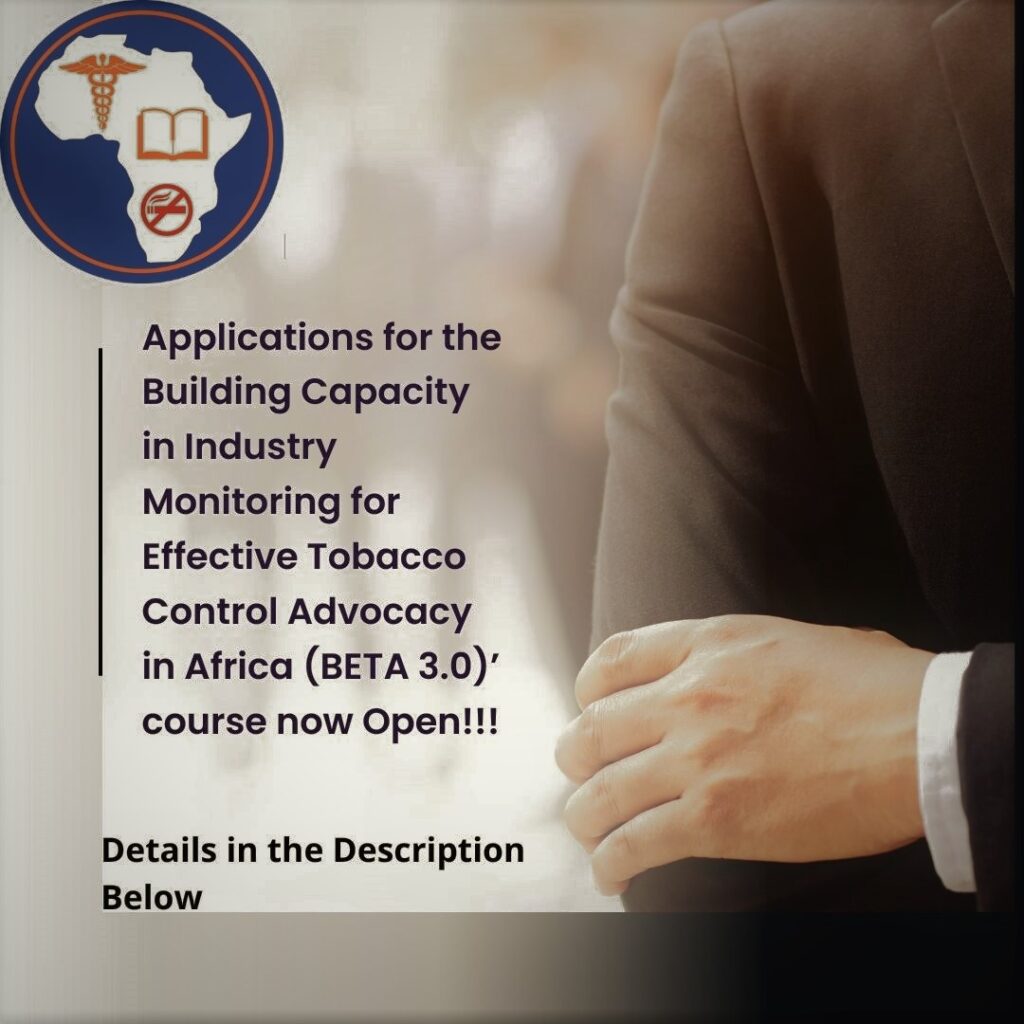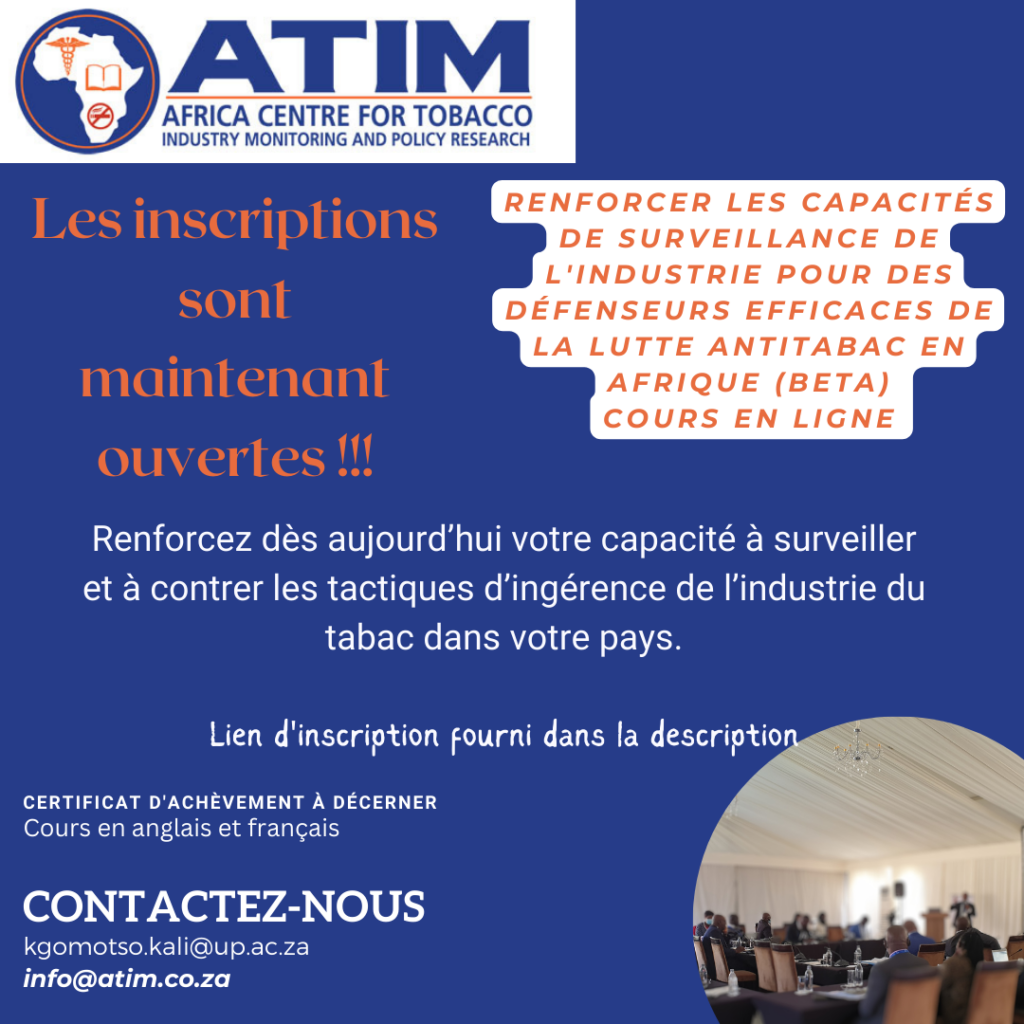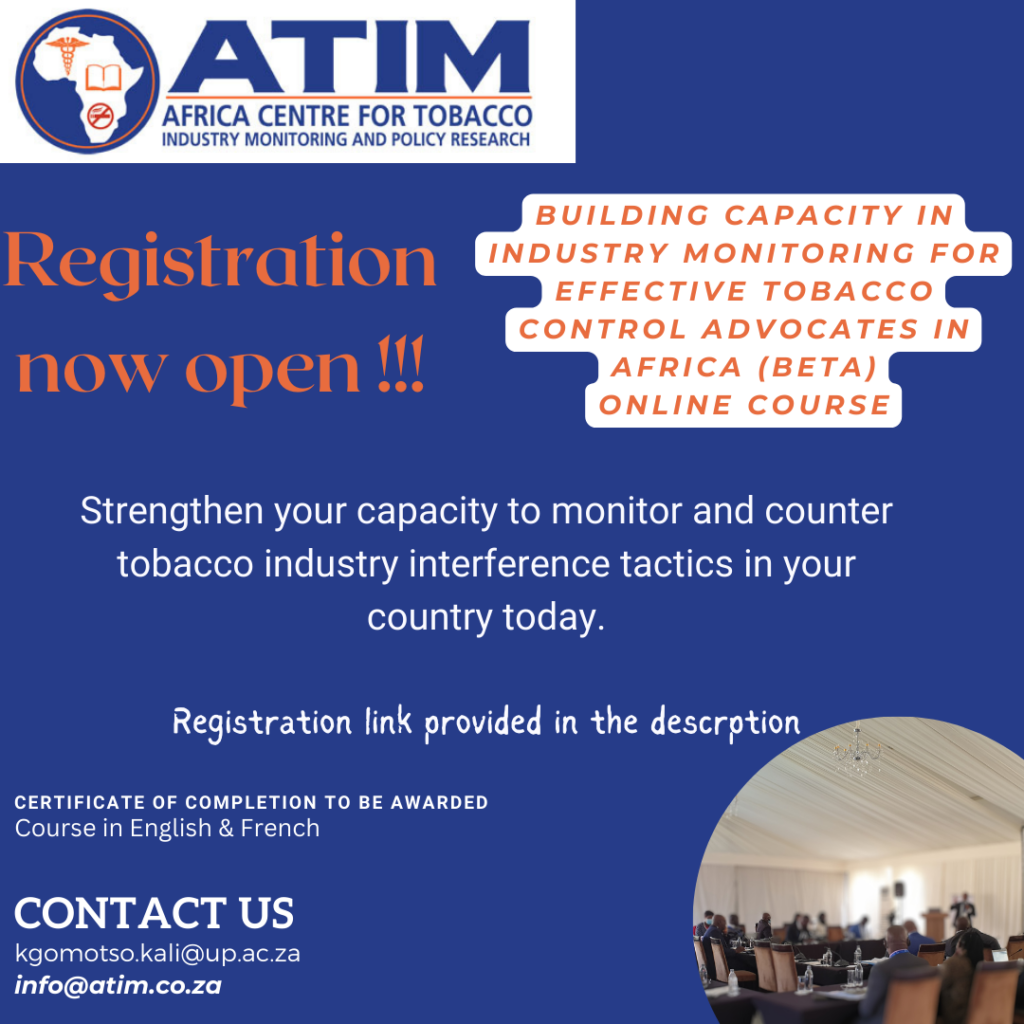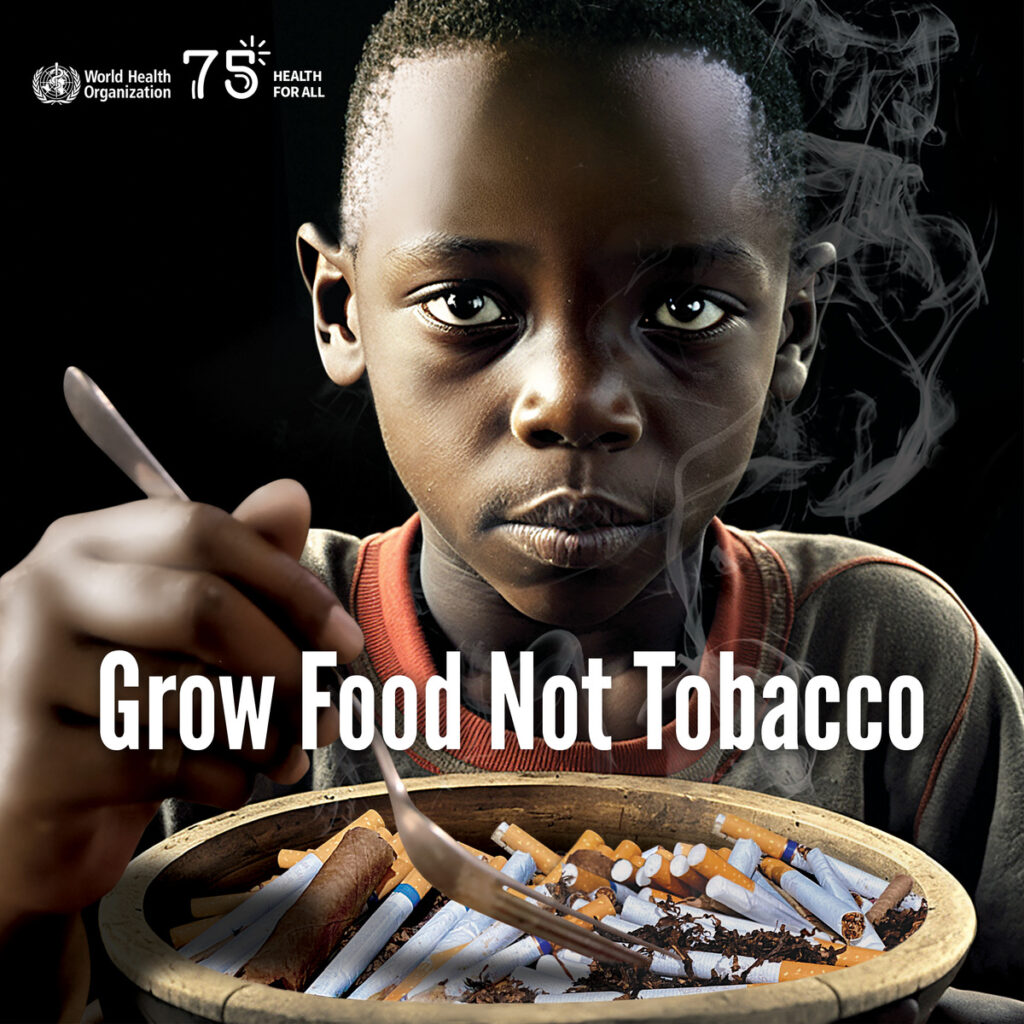Latest African tobacco industry interference news
What is Article 5.3 and why is it important?
Understanding the convention articles
Article 5.3 is the section of the Framework Convention for Tobacco Control which provides guidance on how to handle interference from the tobacco industry. There are four principles:
* There is a fundamental and irreconcilable conflict between the tobacco industry’s interests and public health policy interests.
* Parties, when dealing with the tobacco industry or those working to further its interests, should be accountable and transparent.
* Parties should require the tobacco industry and those working to further its interests to operate and act in a manner that is accountable and transparent.
* Because their products are lethal, the tobacco industry should not be granted incentives to establish or run their businesses.
Under these guidelines, there are eight recommendations. These include:
* Raise awareness about tobacco industry interference among all those working in all branches of government and among the public.
* Avoid any interaction with the tobacco industry except where necessary to enable them to effectively regulate tobacco products and the tobacco industry. Where interactions do take place, they must be conducted transparently.
* Reject partnerships, non-binding or non-enforceable agreements with the industry, including voluntary codes of conduct, industry-sponsored tobacco control initiatives or industry offers to assist with the development of tobacco control legislation or policy.
* Develop clear policies on avoidance of conflicts of interest for government officials, employees, consultants and contractors. A wide range of specific steps are recommended within the guidelines.
* Require disclosure of information by the tobacco industry to promote transparency. This must include tobacco production, manufacture, sales and content, as well as industry lobbying, philanthropy, political donations.
* Denormalise and regulate activities described by the industry as “socially responsible” and expose the real intent – such as making the industry seem benevolent towards the population – behind these activities. ‚
* Do not give any benefits, tax exemptions or other incentives to the tobacco industry.
* Treat any state-owned tobacco industry no differently from privately-owned tobacco companies









